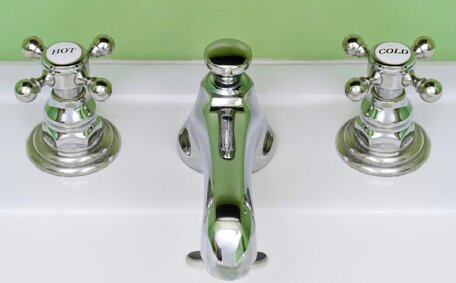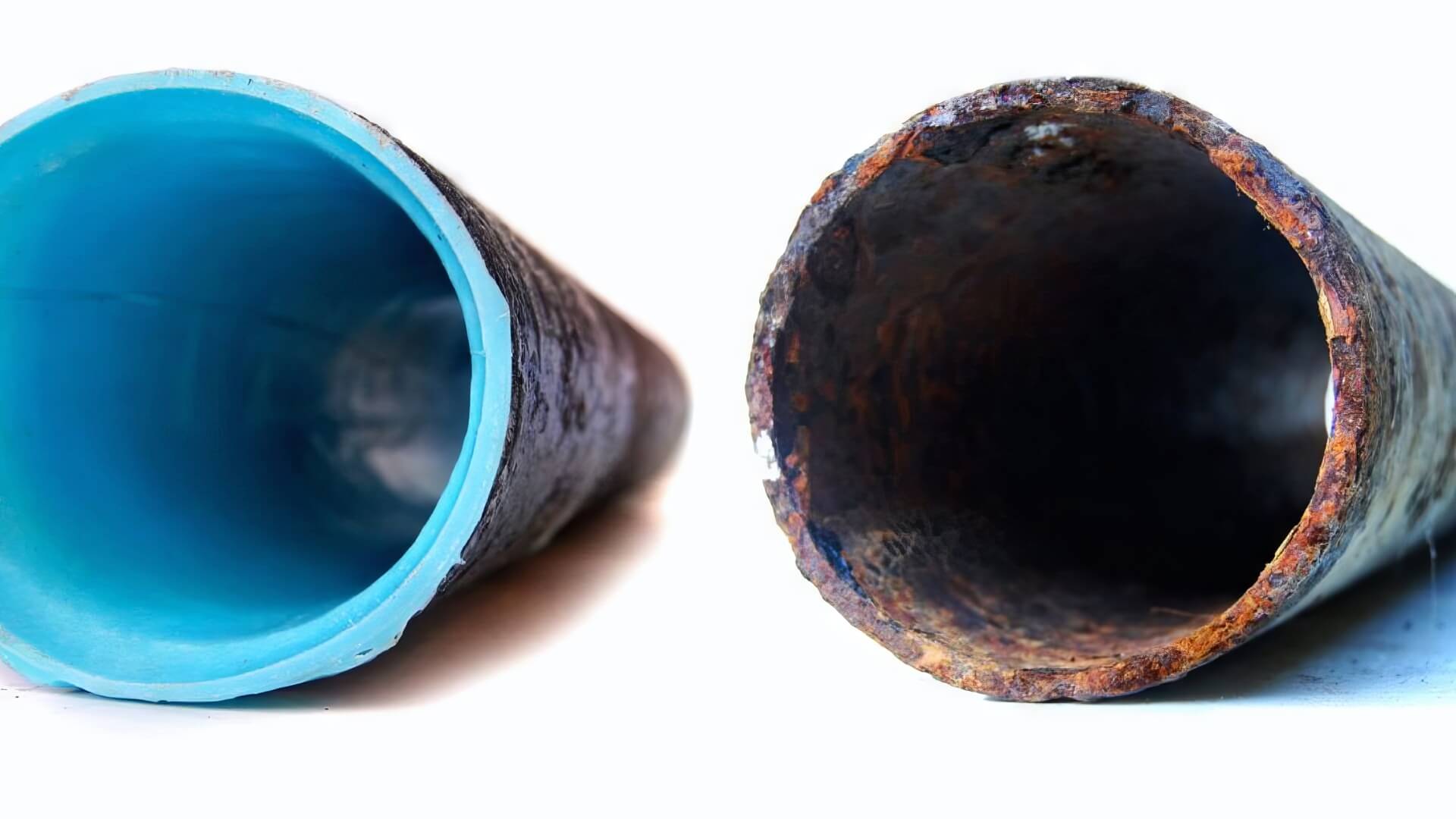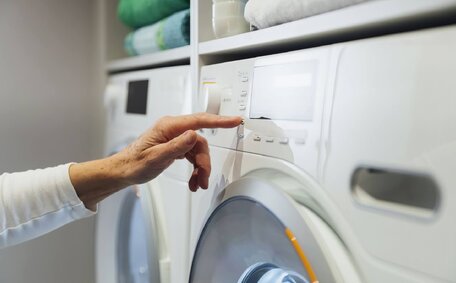Understanding the Dangers of Gas Leaks
Understanding the serious risks associated with natural gas leaks is fundamental to gas safety awareness. Natural gas providers add a sulphur-like odour as a safety precaution, aiding in the detection so you can smell gas and react promptly. The dangers extend beyond explosions and fires, encompassing the challenges in detecting gas leaks.
Gas leaks can silently spread invisible, odourless carbon monoxide throughout your home, posing serious risks. The fact that accidental carbon monoxide poisoning claims the lives of around 400 Australians every year highlights the crucial importance of stringent gas leak safety measures.
Gas leaks also emit methane and carbon dioxide, gases which contribute notably to climate change alongside other greenhouse emissions. Vegetation and plants nearby can suffer due to wilting and death, clear indicators of gas leakage. Humans may suffer headaches, nausea, and long-term health consequences from prolonged exposure.
Therefore, Knowing how to prevent accidents and respond to gas leaks is vital for safety and hazard reduction. Understanding the inherent risks equips you with knowledge about how prevent a tragic accident from a gas leak your household might face and keep your family protected.
Recognizing Signs of a Potential Gas Leak
Recognising common signs of a gas leak is critical for ensuring safety. A hissing sound could signal gas escaping from appliances or pipes, indicating a potential issue. Recognising common signs of a gas leak is critical for ensuring safety.
The first step in identifying a gas leak nationwide is noting a strong sulphur or rotten egg smell, alerting to a potential gas issue, as national gas providers add an odorant.
Dead or dying vegetation near gas equipment could suggest gas displacement. Yellow flames, as opposed to the standard blue, often indicate improper gas combustion.
If you suspect a gas issue, leave the area immediately, ventilate by opening all doors and windows, turn off the gas supply, and call the gas company or emergency services.
Installing a comprehensive gas detection system for your property, guided by essential tips to prevent gas incidents, amplifies home security. Conduct a gas leak test during periodic inspections, which can also ensure the safety of your employees at your workplace, and replace old gas pipe fittings.
What to Do Immediately if You Detect a Gas Leak
If you detect signs gas leak can present at home, knowing how to turn off gas is critical for immediate action. The first measure in the event of gas leaks your home may encounter is to leave and call emergency services, ensuring everyone reaches a safe distance outside. Avoid using any electronics, including not turning light switches on or off, or engaging in any activity that could produce a spark and use your electronics cautiously. Immediately turn off all gas sources as sparks may ignite gas leaks, causing rapid fires.
Shut off the main gas shutoff valve located near your gas meter, if it is safely accessible. There should be no attempts at repairs by unqualified individuals; in this case, what you should do instead is call gas repair professionals unless you are certified.
Open all doors and windows to allow fresh air flow and clear your indoor spaces. This action helps to disperse any accumulated gas.
It’s important to call the national gas emergency number immediately so technicians can inspect and mitigate any potential gas hazards. It’s important to have the number saved in your phone, alongside safety tips to prevent any delay, and posted visibly at home in case of gas emergency. If your symptoms persist or anyone in your home feels faint or experiences breathing issues, call professional medical help immediately.
Gas leaks can emit methane and carbon monoxide CO, quickly escalating from headaches and nausea to life-threatening health risks. Being ready with emergency procedures and Securing professional help promptly enables you to take the necessary steps that can prevent carbon monoxide poisoning or other serious risks.
Regular Maintenance to Help Prevent Gas Leaks
Taking proactive steps where measures should be taken to maintain your gas lines and appliances is essential to prevent gas leak incidents. Schedule annual inspections from certified technicians to check all fittings, pipes, and equipment for wear and issues. Consider replacing dated brass fittings with modern stainless steel or plastic ones to prevent leaks due to corrosion.
Make it a practice to check your gas pipes to ensure the safety of your residence periodically for potential cracks or damage. Watch for signs like dead vegetation, dying back bushes, or accumulating dirt. Technicians employ best practices, including using leak detection spray and devices, to check gas leaks thoroughly.
Routine upkeep prolongs the longevity of your HVAC and gas appliances, mitigating the risk of leaks your furnace, stoves, and outdoor heaters might develop, assuring their optimal function. Ensure professional installation of new gas appliances and familiarise yourself with shutting off your gas supply when necessary. Maintain detailed records of service and inspections to effectively manage necessary upgrades or replacements.
Call your local Hunter’s Hill plumbing specialists; we’re on hand to assist with all your gas line evaluations, leak checks, repairs, and installations, and will also make sure everything conforms to the highest standards. Investing in regular maintenance helps avoid larger issues down the track and gives you peace of mind knowing your home’s gas system is running safely.
Installing Safety Devices to Detect Gas Leaks
Installing a reliable gas leak detector provides an early warning system, preventing delayed responses to gas incidents. Conduct monthly battery tests and replace them biannually. Portable gas leak detectors can be installed near appliances and gas lines for added mobility and convenience.
Install carbon monoxide detectors on each level of the home to meet safety standards.
Look for ANSI/UL 2034 certified carbon monoxide alarms that provide a digital readout of current CO levels. Choose EN 50194 standard compliant gas leak detectors with an 85dB alarm that runs on batteries or plugs in. Install these devices in locations where gas is commonly used, such as near furnaces, stoves, and the gas meter.
Professional installation ensures proper positioning and functioning, and it’s essential to know about the best practices, especially for those who use natural gas appliances. As an example, we safely install integrated systems with central readouts to streamline monitoring. Proper maintenance like calibration testing annually also keeps the detectors working accurately.
Investing in 24/7 monitoring with these safety devices provides peace of mind. In an emergency, the alarm’s safety tips prevent oversight, alerting occupants and simultaneously notifying our team for an urgent response. Installing and maintaining safety detectors is a crucial component of your home safety system to protect against gas leaks and carbon monoxide, ensuring health standards are met.
Educating Your Household on Gas Safety
Vigilance in gas safety depends on education, empowering you with the right responses in case of a gas incident. Ensure all family members can recognise the odour when it comes to a natural gas leak and understand the immediate actions to take if they suspect a leak. Educate on safety actions like immediate evacuation, not using electronics, ventilating the space, shutting off the gas valve and contacting emergency services.
Instruct children on identifying leak signs, such as a rotten egg smell or hissing from pipes. Make an emergency contact list with numbers for the fire brigade, your gas provider, and our technicians.
Print out tips, which you can find with us, to prevent gas mishaps to display prominently at home. Attend free seminars with providers like us to stay updated.
Equipping your household with gas safety knowledge and emergency response plans gives everyone the power to act quickly in a crisis. Revisiting lessons annually ensures procedures are fresh for all ages. Investing in education provides your first line of defence against tragedy.
Creating an Emergency Response Plan
An emergency response plan is essential for preparedness in the event of a gas leak or other hazards. Map out primary and secondary exits from each room, considering emergency escape ladders for upper levels.
Begin by establishing evacuation routes and meeting areas for homes that utilise natural gas. Choose an outdoor gathering spot a safe distance from your house.
Compile a contact list with numbers for emergency services, your gas company’s 24/7 line, technicians, poison control, and relatives. Include your address to provide responders.
Educate everyone on the step-by-step plan. Tailor information for children. Provide thorough education on the emergency plan to everyone.
Go over how to quickly activate the gas shutoff valves, avoid using electronics/phones, ventilate areas, check for missing people, and signal for help.
Maintain a stocked utility and emergency kit that includes water, snacks, flashlights, batteries, and a first aid kit. Having crucial information and supplies, including fire extinguishers, ready allows you to respond swiftly and ensure potentially life-saving moments count during any crisis.
Hiring Certified Professionals
Certified professionals are essential for installing, inspecting and repairing gas appliances and infrastructure. Accredited technicians have undergone extensive training and testing to comply with strict industry safety standards and regulations.
Our certified gas fitters at Hunters Hill Plumbing guarantee gas-safe installations, continually updating their expertise with the latest industry techniques and best practices. We take safety seriously and ensure all work adheres to mandated requirements.
Do-it-yourself repairs on gas systems carry risks of leaks that could lead to explosions and carbon monoxide poisoning. Our experienced, trustworthy technicians safely handle all aspects from leak detection to new appliance installation for both your home and commercial space. We also offer routine maintenance plans, same-day emergency response, and 24/7 availability - providing peace of mind that your gas system is running reliably.
Don’t put yourself or your family’s wellbeing at risk by hiring amateur handymen. Our certified experts have the proper tools and knowledge to get the job done right the first time. Contact us today to schedule professional gas line inspections or repairs.
Maintaining Appliances and Infrastructure
Routine inspections are vital for identifying gas leak issues and ensuring your appliances operate efficiently. Create a schedule to routinely check all gas connections, pipes, valves and equipment for signs of wear, corrosion or faults. Watch for issues like unusual sounds, poor combustion, yellow flames, or dead vegetation.
Clean stoves, ovens, and water heaters regularly to reduce gas buildup risks and prepare for emergencies.
Replace rubber washers, tubes and seals that can degrade over time. Check appliance lifespans and have outdated models serviced or replaced. Keep your own detailed logs of all maintenance and repairs.
Have a licenced technician annually inspect the gas metre, regulators, fittings, and flex connectors. They can perform a detailed inspection to check leaks using leak detection spray, pressure tests or gas detectors. Upgrading old brass fittings to safer stainless steel or plastic alternatives also prevents potential hazards.
Undertaking complicated gas appliance repairs or maintenance without appropriate certification poses risks of leaks, explosions and poisoning. Our licenced experts have the tools, testing equipment and experience to safely keep your gas system running optimally.






